HTL Africa imagines architecture as an ‘object of performance’
HTL from Nigeria is next up in our series of profiles of architects, spatial designers and builders shaping West Africa’s architectural future
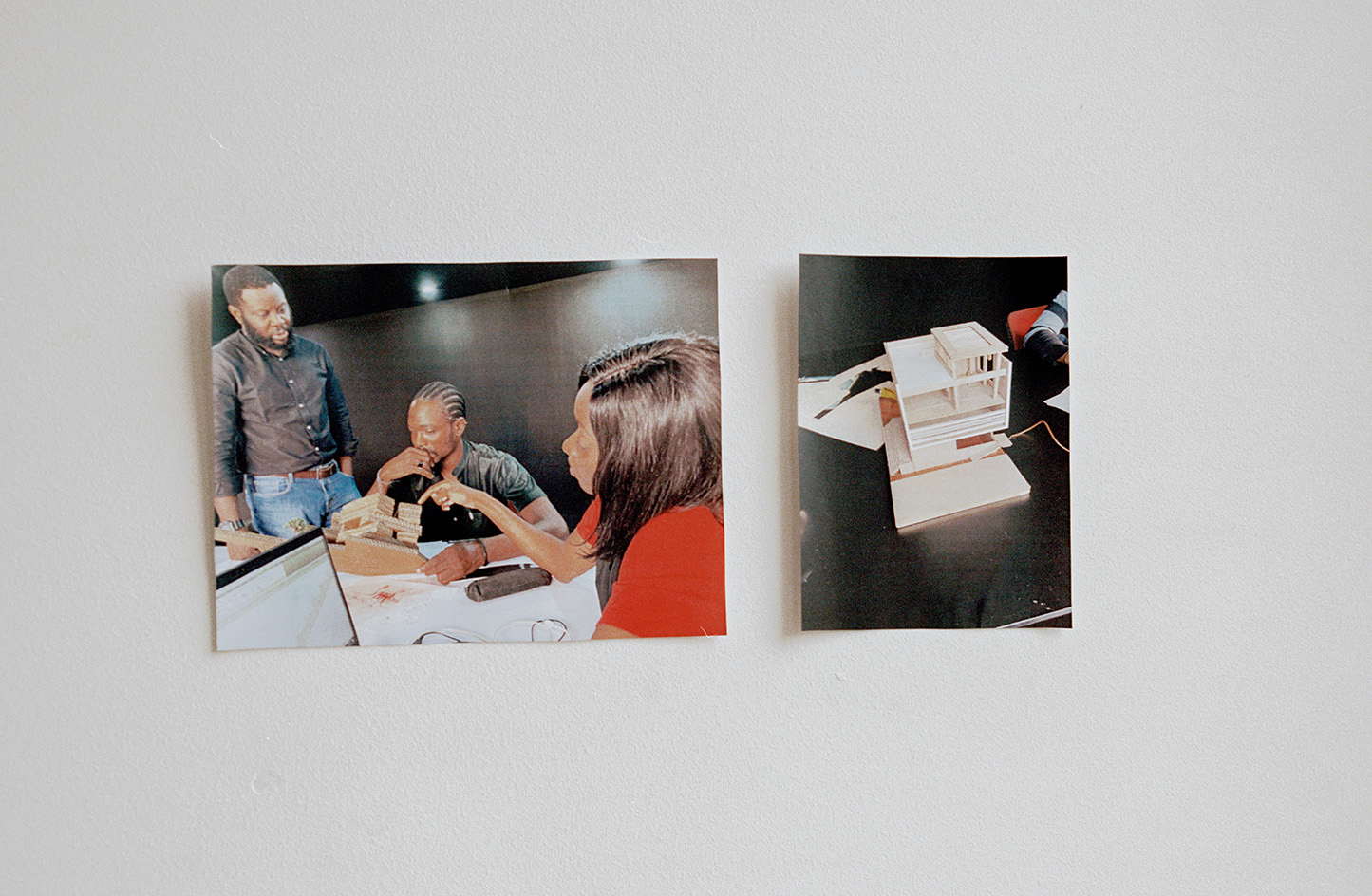
HTL Africa is an ‘idea factory’ according to its founder James George, who established the architecture practice in 2011. ‘I like to look at it as a group of people who collaborate to make working megacities,’ George says of the firm’s team of 11. ‘I collaborate a lot with external actors – model makers, sometimes artists.’
At the heart of the practice is a focus on performance, which George feels is often lacking in the field. ‘Globally in architecture, there’s no understanding that buildings are objects of performance. I think beauty is not important in the sense that we make it important. Architecture must engage with the environment in a way that enhances the environment, and in a way that creates the opportunity for people to have equality and change.’
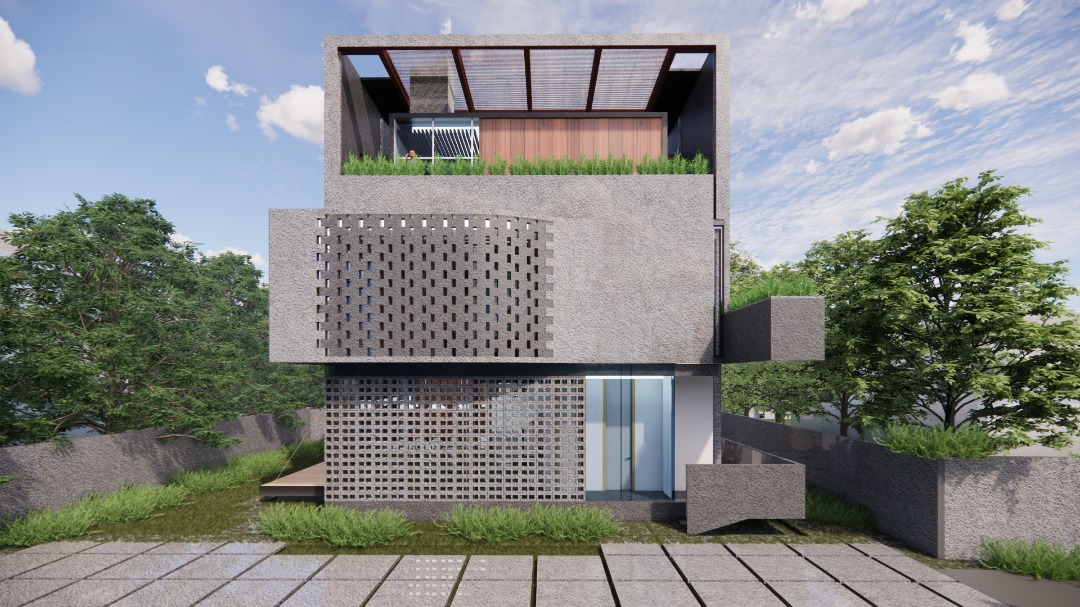
Compact house prototype
West African studios: HTL
George trained at Ahmadu Bello University in the northern Nigerian state of Zaria – an institution he says ‘gave him the independence to learn on his own terms’. His breakthrough project was the 32,000 sq ft Green Wall scheme, named for its planted balconies, which he completed in 2017. According to the architect, the multistorey office block in Onikan, a neighbourhood in downtown Lagos, provided a lesson in how to build effectively in small spaces.
George is excited about a current project, Amity Compact House, which he describes as the apogee of his studio’s design vision of how to create space on a small footprint. ‘We think that surfaces of buildings should be able to absorb as much air as possible without the need for windows, because windows are a vestige of antiquity that I don’t really have to use. There are barely any windows on the house. Most of the façade is a permeable breeze block,’ he says.
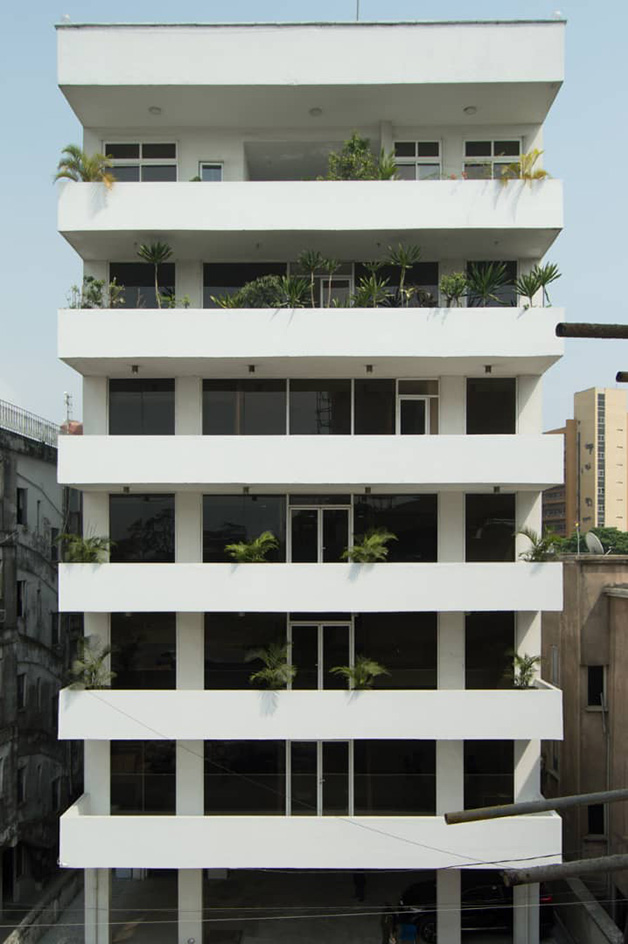
The architect has a profound appreciation for the steel frame, which he says allows for greater freedom to shape space in new ways. ‘Moreover, we like to make architecture as light as possible and we also like to make architecture in a way that it can be made as quickly as possible, so the steel frame is very important for us.’
Additional projects in the pipeline include a 120-apartment complex in Lagos, near a soon-to-be-complete oil refinery, built by Africa’s wealthiest man. George also mentions a 4,000-seater event space in Nigeria’s capital, Abuja, a medium-sized mall in Lagos’ city centre, and two cultural institutions in Ghana, one being the Pan African Heritage Museum.
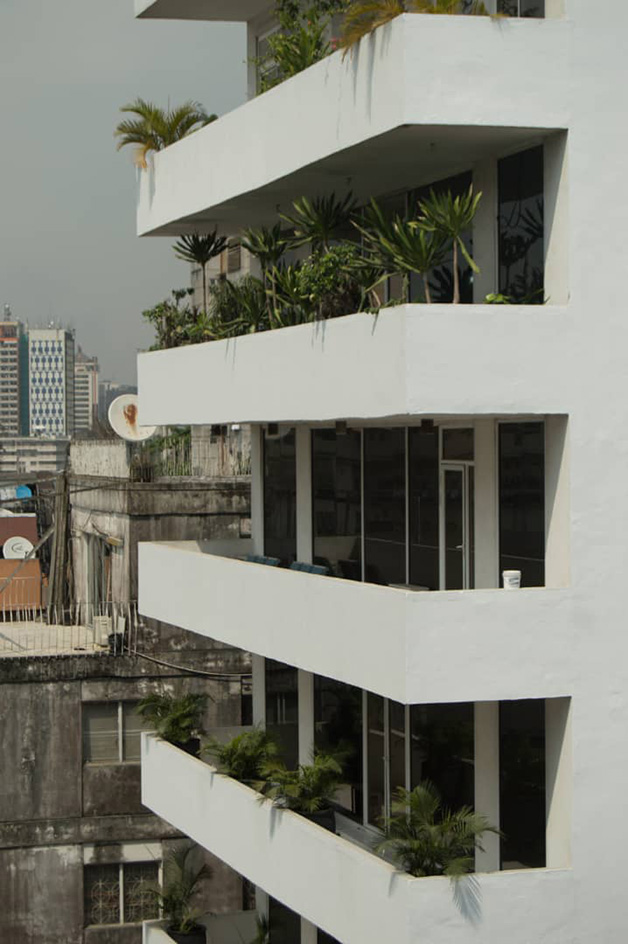
The designer expresses his passion for exploring how architecture can change the built environment to improve lives. A book, Performativeness, which is in the works, will look at what he describes as performative structures, such as granaries, wind towers and traditional Hausa homes. ‘[They] have a certain character that can change all the negative impacts of global warming,’ he explains.
Receive our daily digest of inspiration, escapism and design stories from around the world direct to your inbox.
The architect has set up a small office in Dubai, which will serve as a launch pad for international commissions. ‘Dubai is more of an office of proliferation, as against Nigeria being an office for innovation,’ he says. ‘We’re a very ambitious group. We're trying to create architecture around the world.’
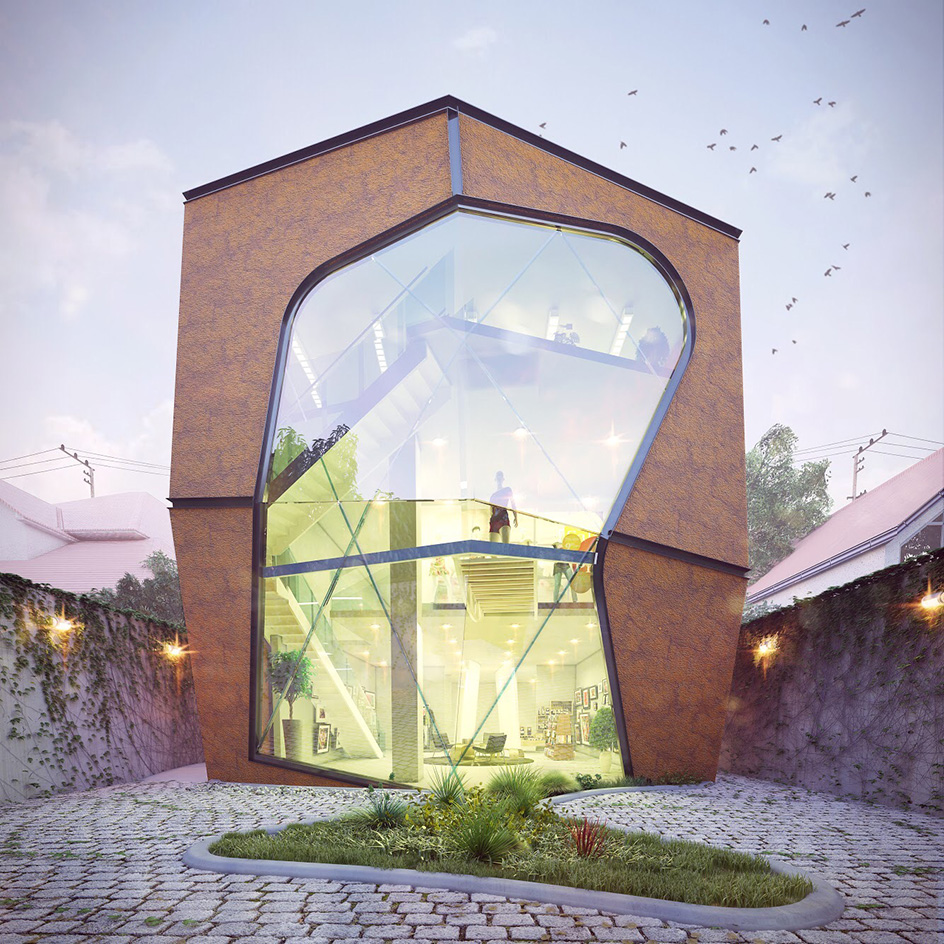
West African studios: the series
From Senegal to Nigeria, and from Niger to the Ivory Coast, West Africa is vast and brimming with potential. A powerful mix of peoples and cultures, and in some nations, exponential demographic and economic growth, makes this part of the world a locus of change. The result? A dynamic new generation of studios that operate in the architecture realm and push the boundaries of their field to a promising future. Architects, spatial designers and builders converge here to create a unique, rich melting pot of fresh thinking and innovation that will no doubt reshape the way we think about architecture globally.
Our series on West African studios – architects, spatial designers and builders – continues on Wallpaper.com and is featured in January 2023 Wallpaper*. Also showcased so far are Nigeria’s Studio Contra and Senegal’s Worofila.
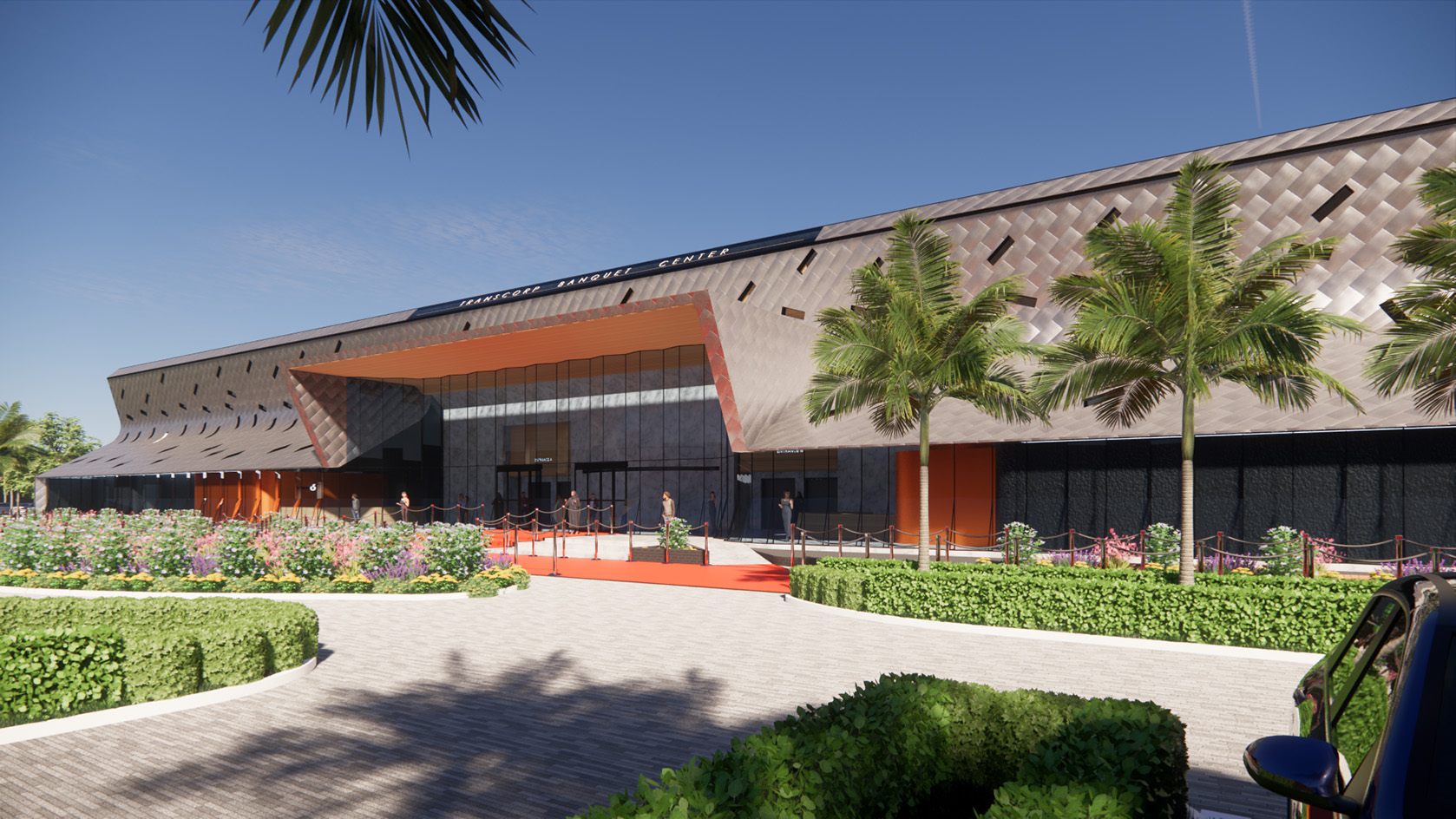
A version of this story appears in January 2023 Wallpaper*, The Future Issue, available now in print, on the Wallpaper* app on Apple iOS, and to subscribers of Apple News +. Subscribe to Wallpaper* today
Ijeoma Ndukwe is an award-winning writer and journalist based in London. Her work has been published and broadcast on international platforms including the BBC, Al Jazeera and The New York Times.
-
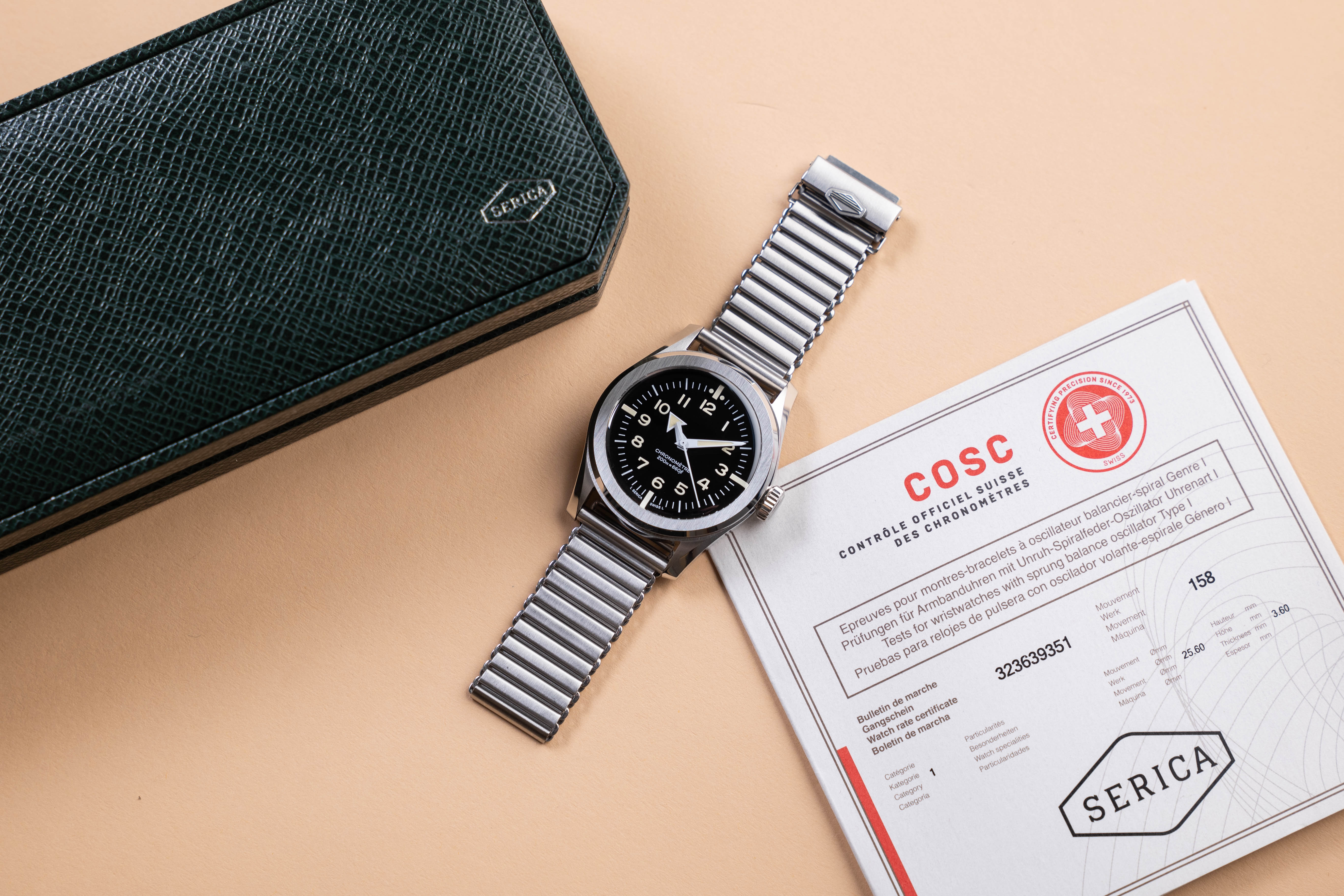 Click to buy: how will we buy watches in 2026?
Click to buy: how will we buy watches in 2026?Time was when a watch was bought only in a shop - the trying on was all part of the 'white glove' sales experience. But can the watch industry really put off the digital world any longer?
-
 Don't miss these art exhibitions to see in January
Don't miss these art exhibitions to see in JanuaryStart the year with an inspiring dose of culture - here are the best things to see in January
-
 Unmissable fashion exhibitions to add to your calendar in 2026
Unmissable fashion exhibitions to add to your calendar in 2026From a trip back to the 1990s at Tate Britain to retrospectives on Schiaparelli, Madame Grès and Vivienne Westwood, 2026 looks set to continue the renaissance of the fashion exhibition
-
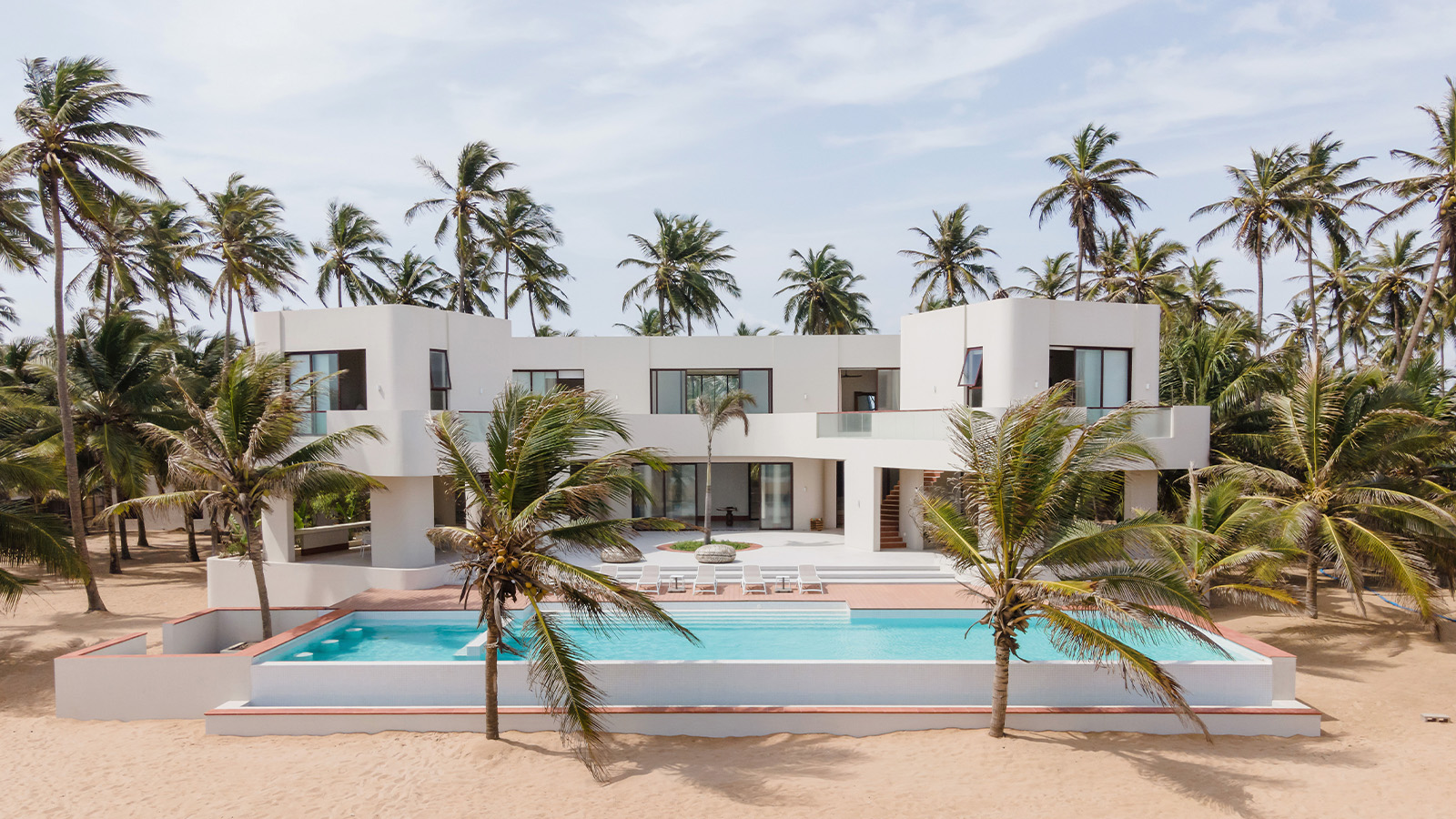 Coconut palms frame Ishahayi Beach House, a slice of paradise living
Coconut palms frame Ishahayi Beach House, a slice of paradise livingIn Nigeria, Ishahayi Beach House by Studio Contra offers a striking connection to the natural world with uninterrupted views of the Atlantic Ocean
-
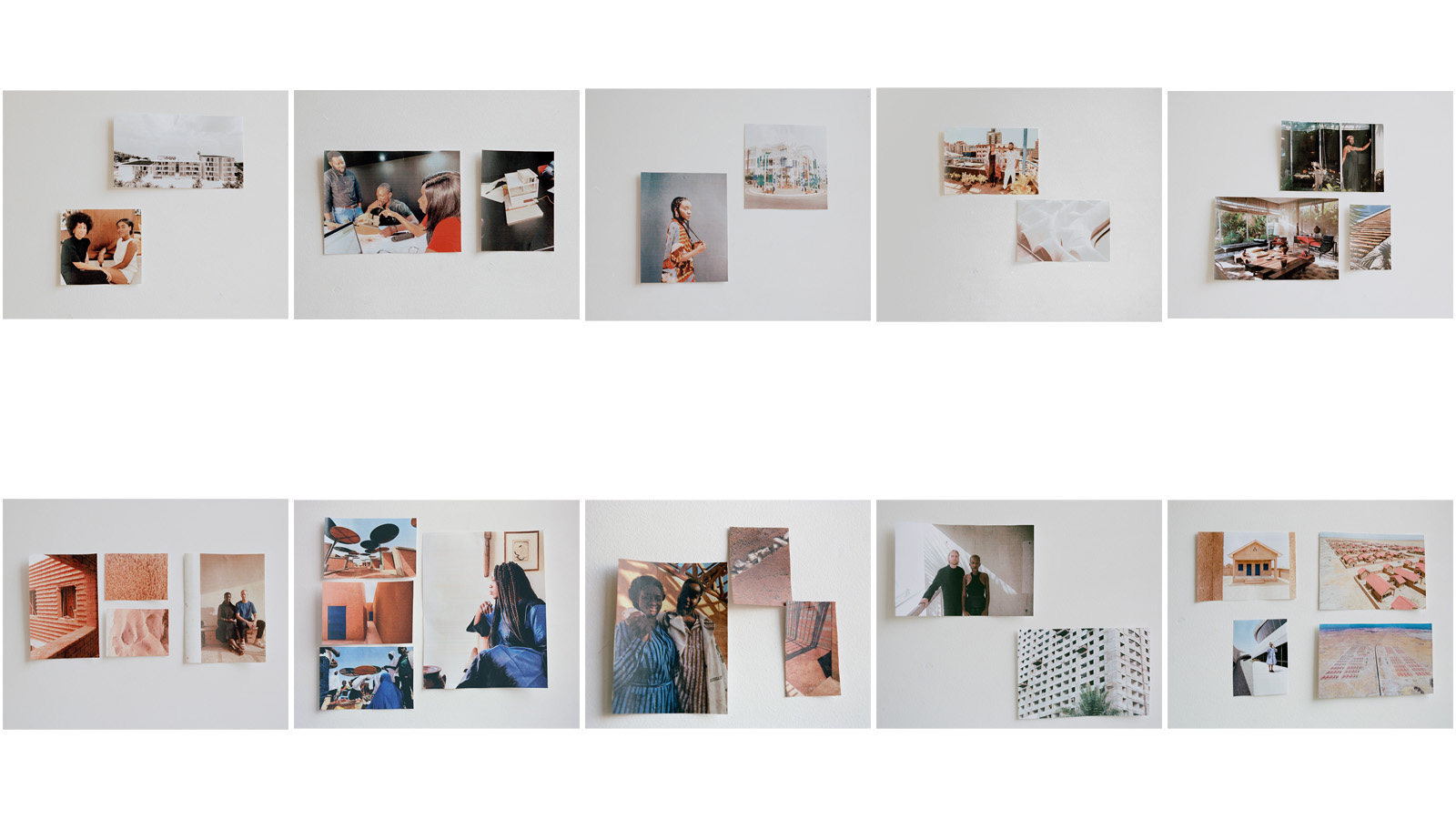 The 10 emerging West African architects changing the world
The 10 emerging West African architects changing the worldWe found the most exciting emerging West African architects and spatial designers; here are the top ten studios from the region revolutionising the spatial design field
-
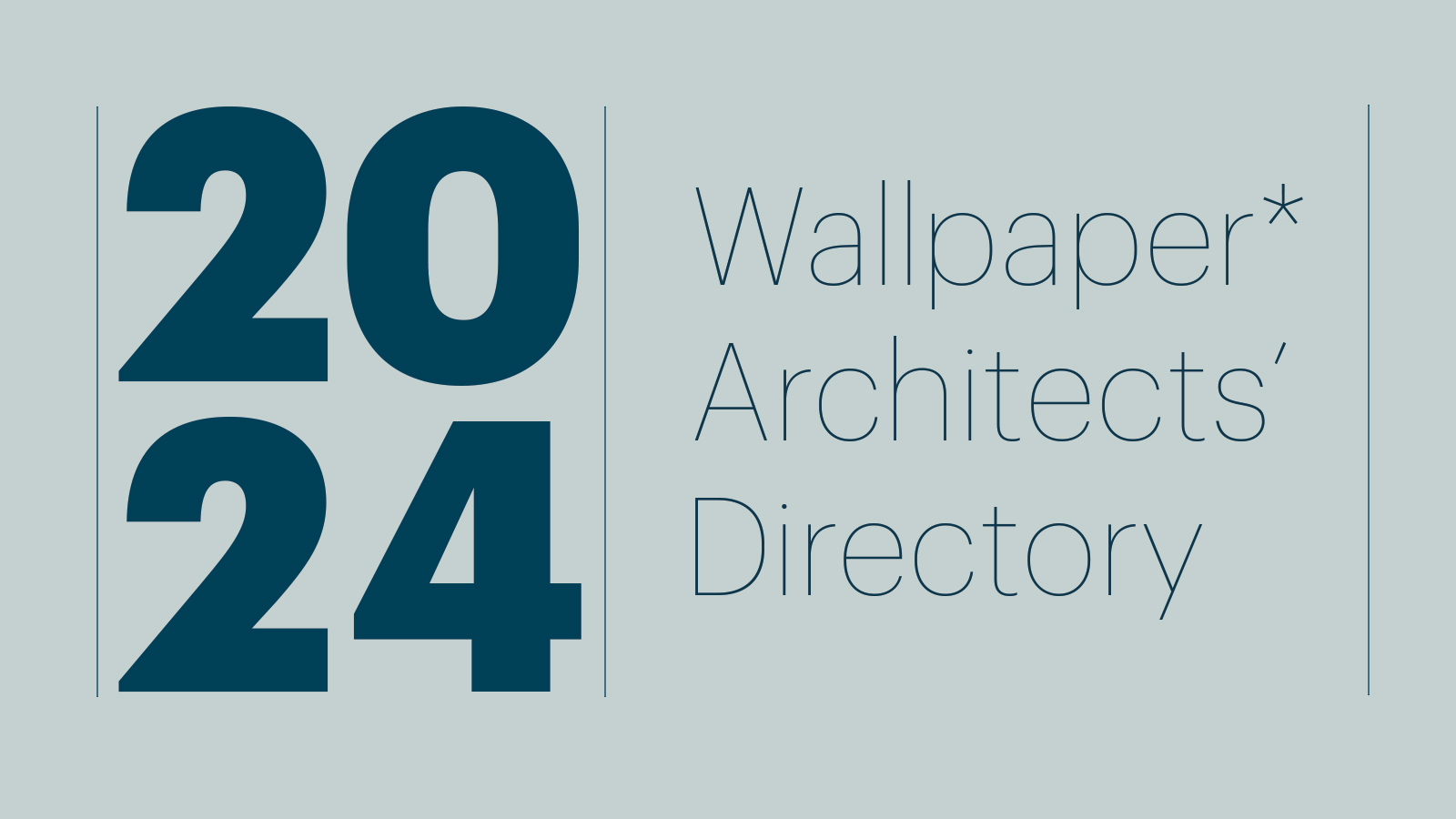 Wallpaper* Architects’ Directory 2024: meet the practices
Wallpaper* Architects’ Directory 2024: meet the practicesIn the Wallpaper* Architects Directory 2024, our latest guide to exciting, emerging practices from around the world, 20 young studios show off their projects and passion
-
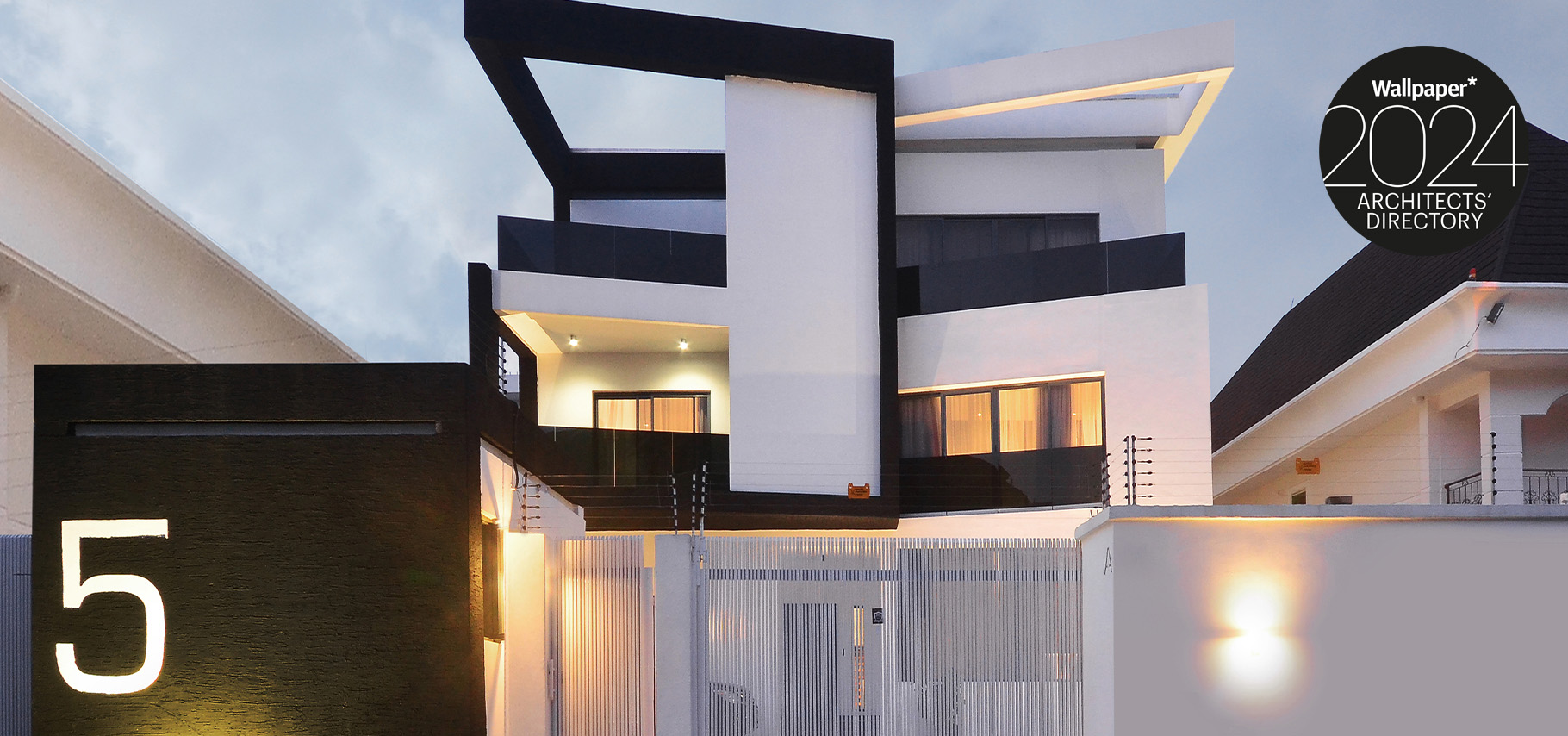 Nigerian architects SI.SA draw on 'simplicity, clarity, and unity'
Nigerian architects SI.SA draw on 'simplicity, clarity, and unity'SI.SA, a young Nigerian practice, is featured in the Wallpaper* Architects’ Directory 2024; tour its Scissor House in Ikoyi, an elegant solution to a constrained plot
-
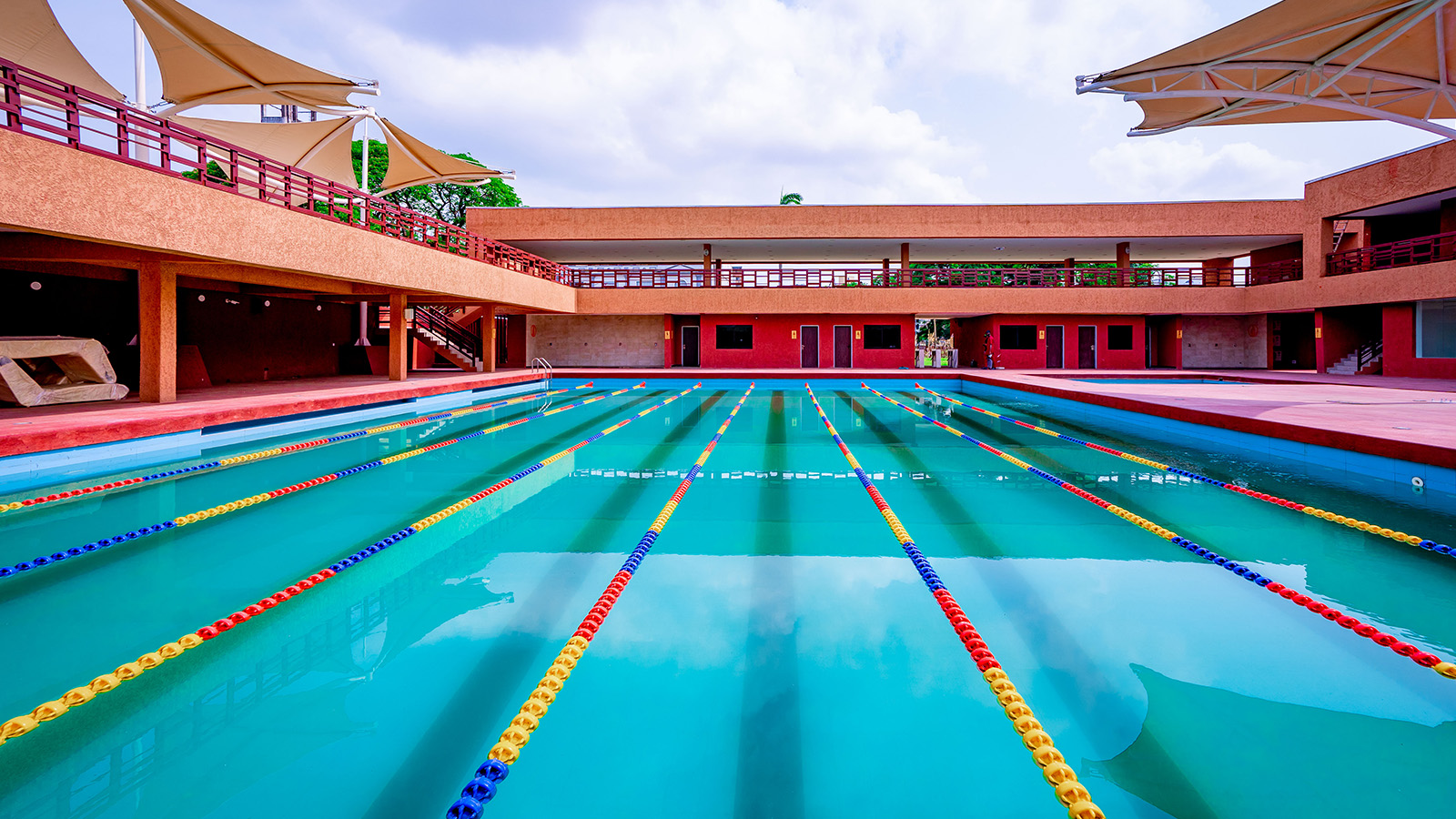 The John Randle Centre ‘rises from the earth in a nod to Yoruba spirituality’
The John Randle Centre ‘rises from the earth in a nod to Yoruba spirituality’The John Randle Centre for Yoruba Culture and History is an urban regeneration project at the heart of Lagos Island, designed by Studio Imagine Simply Architecture
-
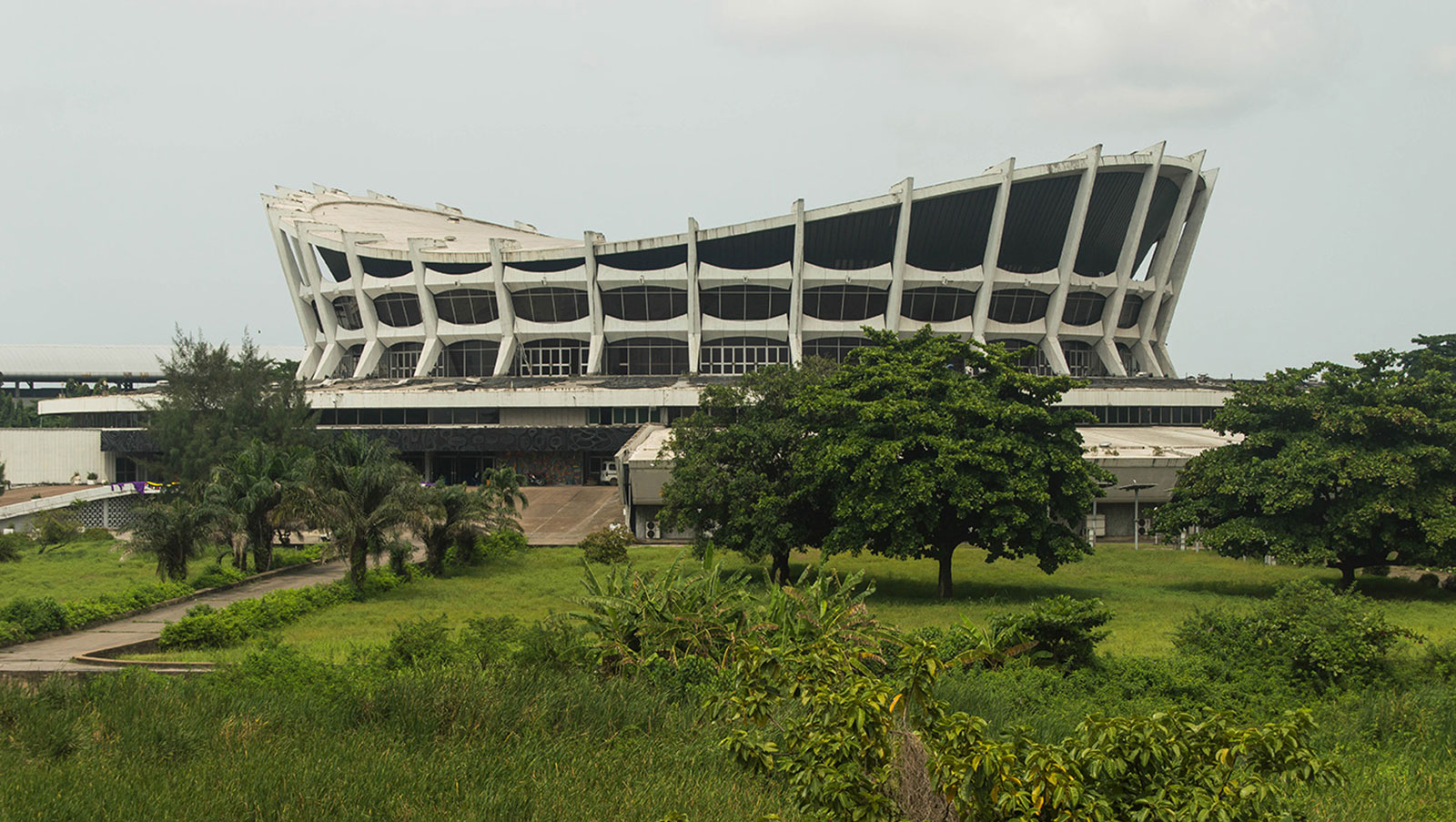 Afrobeats and modernism: how the concrete ‘ruins’ of Lagos become a stage
Afrobeats and modernism: how the concrete ‘ruins’ of Lagos become a stageWe explore the relationship between Afrobeats and modernism in Lagos, as the Nigerian capital’s concrete structures become a stage for the music genre
-
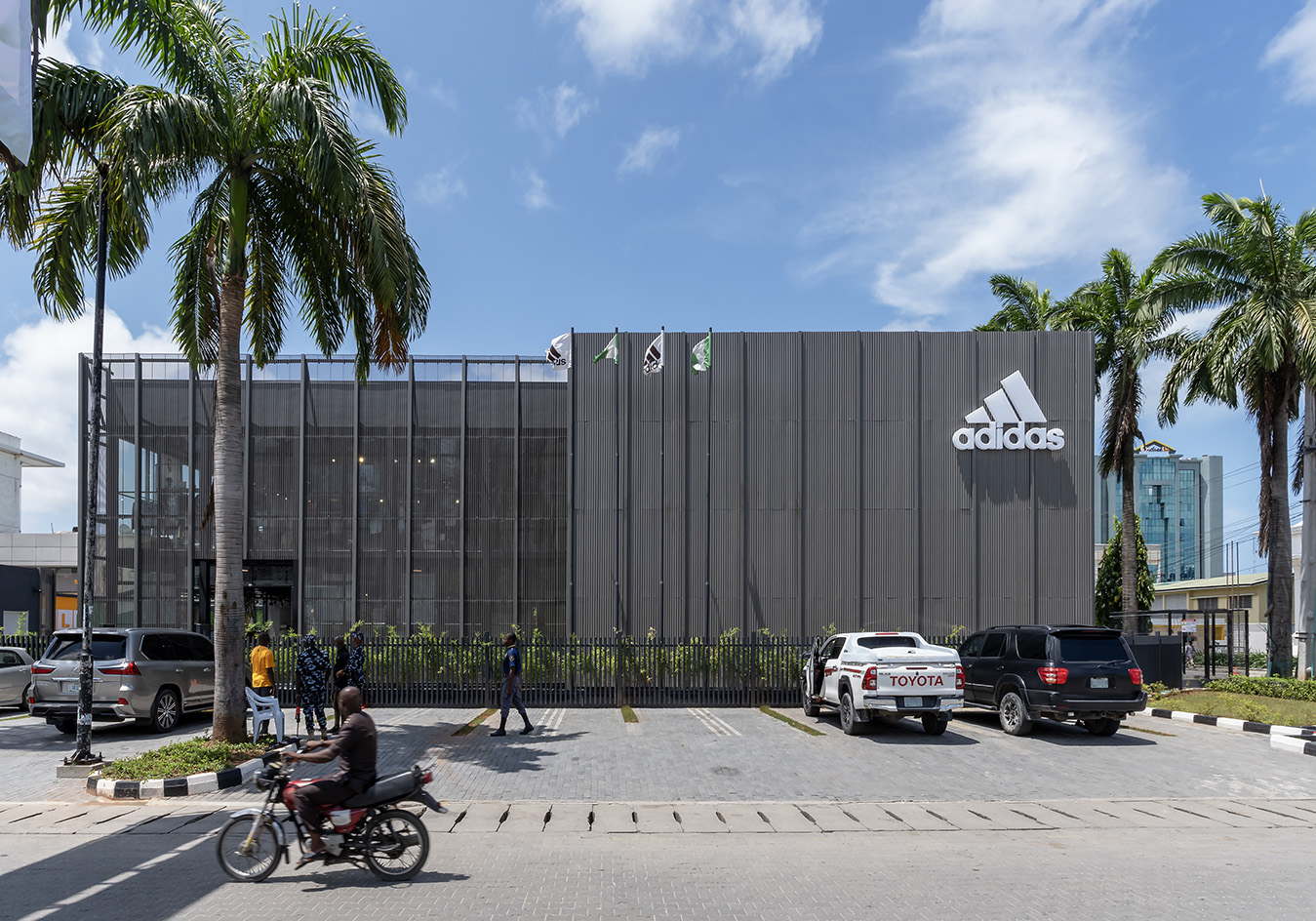 Adidas Lagos champions the city’s ‘resilient, adaptable and go-getter resolve’
Adidas Lagos champions the city’s ‘resilient, adaptable and go-getter resolve’Adidas Lagos by Tosin Oshinowo opens its smart retrofit of a 1970s building
-
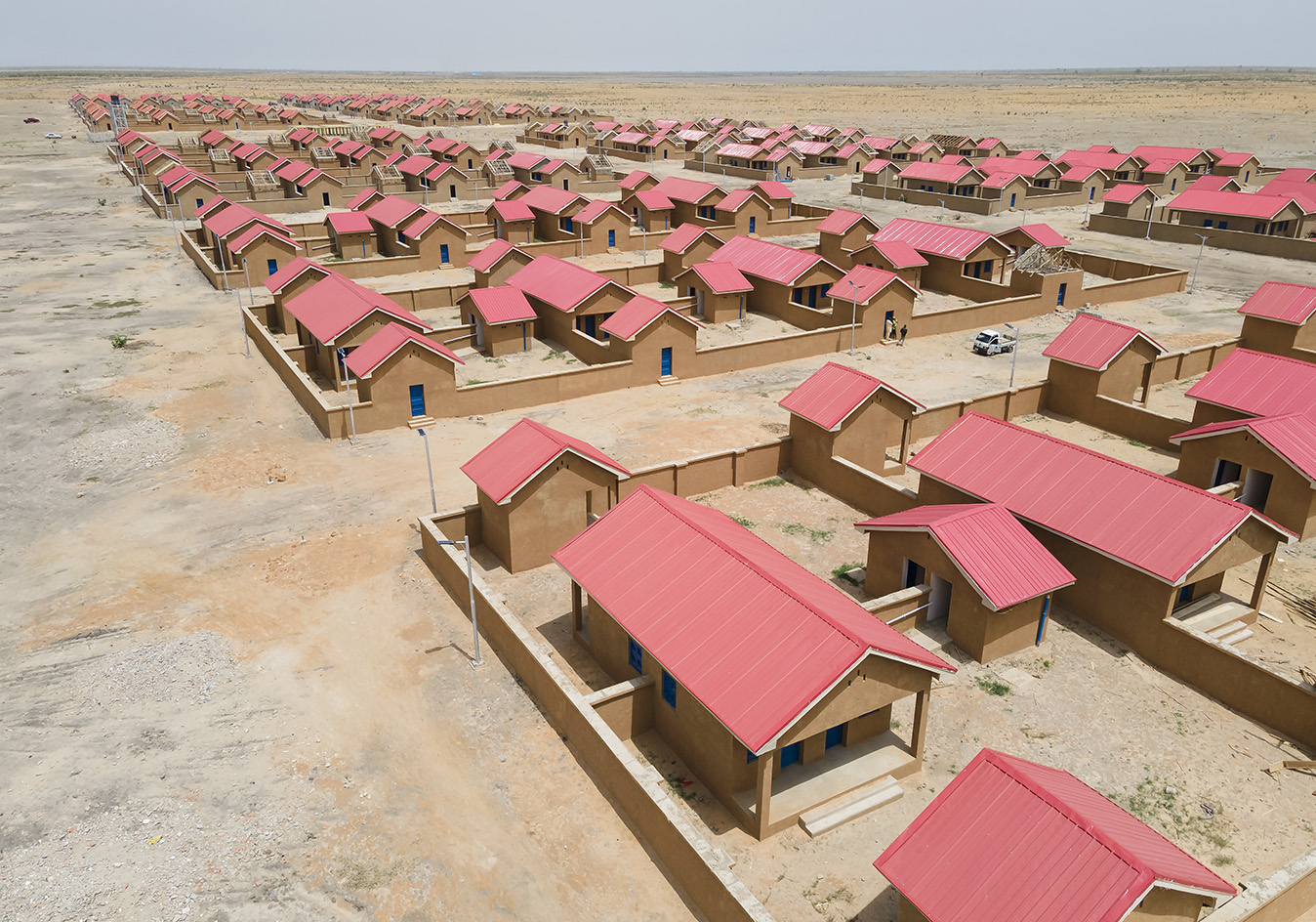 Tosin Oshinowo’s cmDesign Atelier is a cultural powerhouse
Tosin Oshinowo’s cmDesign Atelier is a cultural powerhousecmDesign Atelier from Nigeria is part of our series of profiles of architects, spatial designers and builders shaping West Africa's architectural future